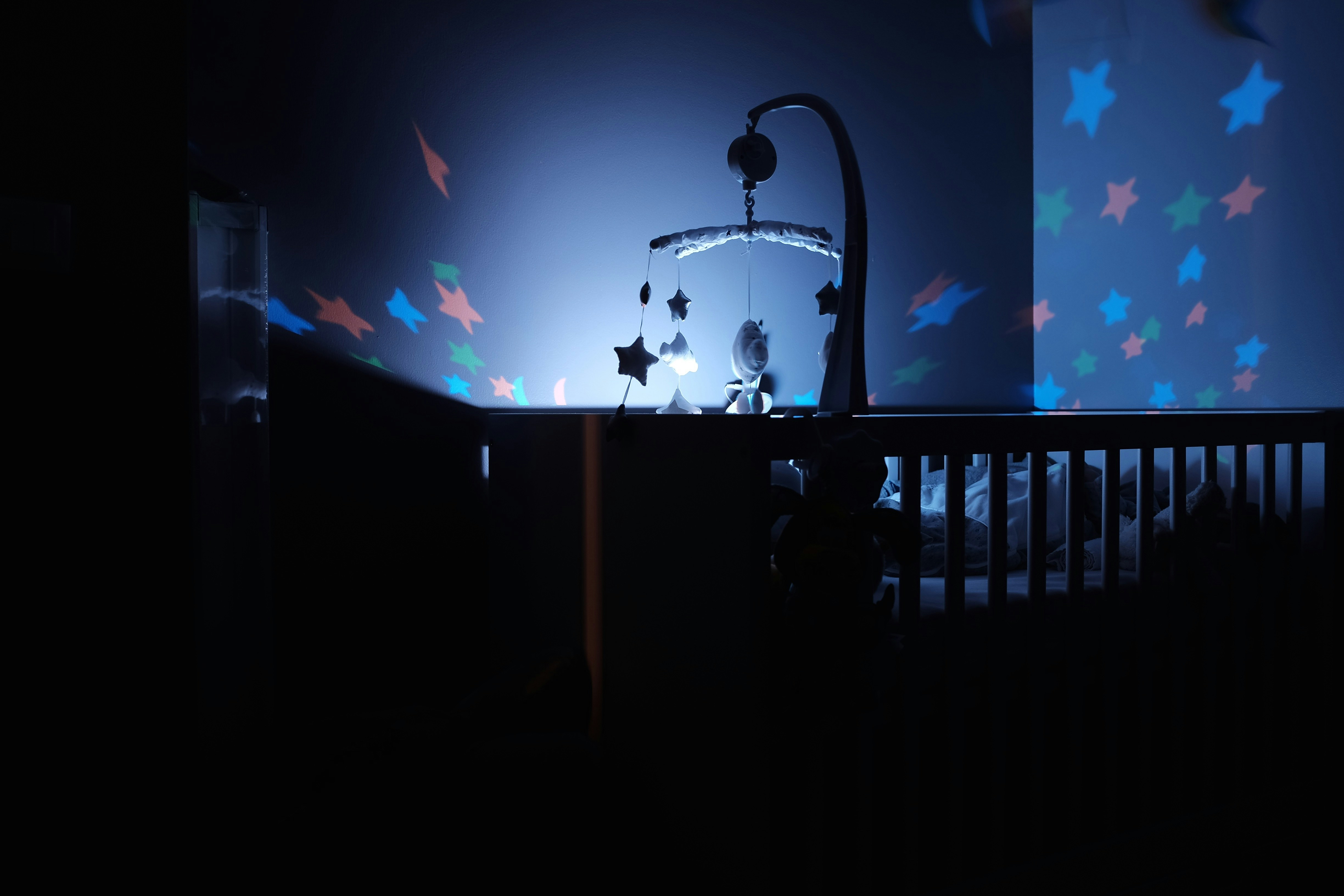Sleep and Mental Health: The Bidirectional Relationship

Sleep and Mental Health: The Bidirectional Relationship
Sleep and mental health share a deeply intertwined relationship. Poor sleep can exacerbate mental health disorders, and conversely, mental health issues can disrupt sleep. Understanding this bidirectional connection is essential for improving overall well-being.
How Sleep Affects Mental Health
- Mood regulation: Sleep deprivation heightens emotional reactivity, increasing irritability and stress.
- Cognitive function: Lack of sleep impairs concentration, memory, and decision-making.
- Risk of disorders: Chronic poor sleep increases the likelihood of anxiety, depression, bipolar disorder, and PTSD.
How Mental Health Affects Sleep
- Anxiety: Can cause difficulty falling asleep or frequent awakenings.
- Depression: Often associated with insomnia or hypersomnia (excessive sleep).
- Bipolar disorder: Characterized by irregular sleep patterns during mood episodes.
Common Sleep Disorders Linked to Mental Health
- Insomnia: Difficulty initiating or maintaining sleep.
- Sleep apnea: Disrupted breathing leads to poor sleep quality.
- Restless legs syndrome: Uncomfortable sensations cause nighttime movement.
Neurochemical and Brain Mechanisms
Imbalances in neurotransmitters like serotonin, dopamine, and GABA play roles in both sleep and mood regulation. The brain's amygdala and prefrontal cortex are implicated in emotional processing and sleep control.
Treatment Implications
- Cognitive Behavioral Therapy for Insomnia (CBT-I) improves both sleep and mental health.
- Medications should be carefully managed as some affect sleep architecture.
- Lifestyle changes like exercise, meditation, and sleep hygiene benefit both conditions.
Conclusion
Treating sleep problems is a crucial component of mental health care. By improving sleep, individuals often experience better mood stability and cognitive function, highlighting the importance of integrated treatment approaches.
Tags : Mental Health , Insomnia , Anxiety , Depression , CBT-I




